𝐀𝐥𝐢𝐭𝐚: 𝐁𝐚𝐭𝐭𝐥𝐞 𝐀𝐧𝐠𝐞𝐥 (𝐏𝐆-𝟏𝟑) 𝟐𝟎𝟏𝟗
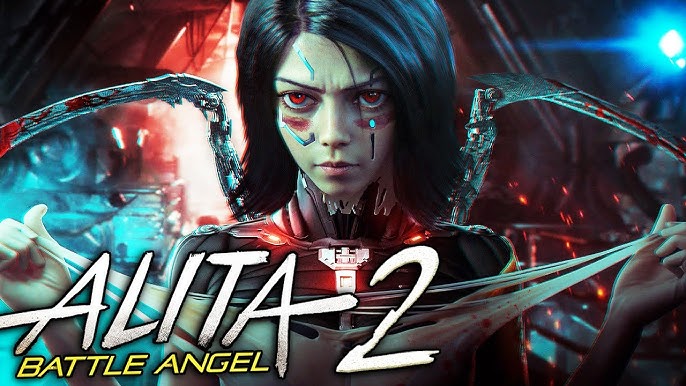
The film is set in a dystopian future where the remnants of a fallen world are overshadowed by the technologically advanced city of Zalem, floating high above the Earth. In a scrapyard beneath Zalem, Dr. Dyson Ido (played by Christoph Waltz), a compassionate cyber-surgeon, discovers the disembodied head and torso of a female cyborg. He rebuilds her, giving her a new life and the name Alita (played by Rosa Salazar).
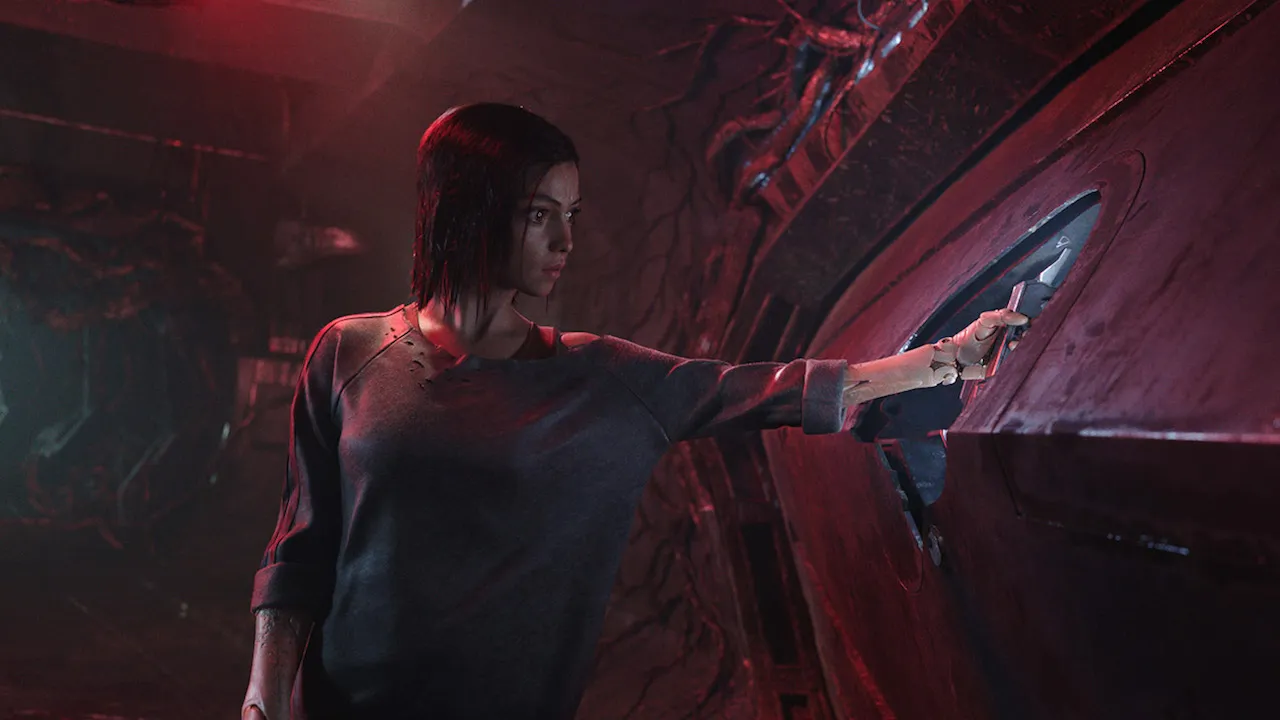
Alita awakens with no memory of her past and must navigate a harsh world where she is both a marvel and a mystery. As she adjusts to her new life, Alita discovers she has extraordinary combat skills and starts to uncover fragments of her forgotten past. These skills draw her into the dangerous world of motorball, a popular and violent sport in this dystopian society.
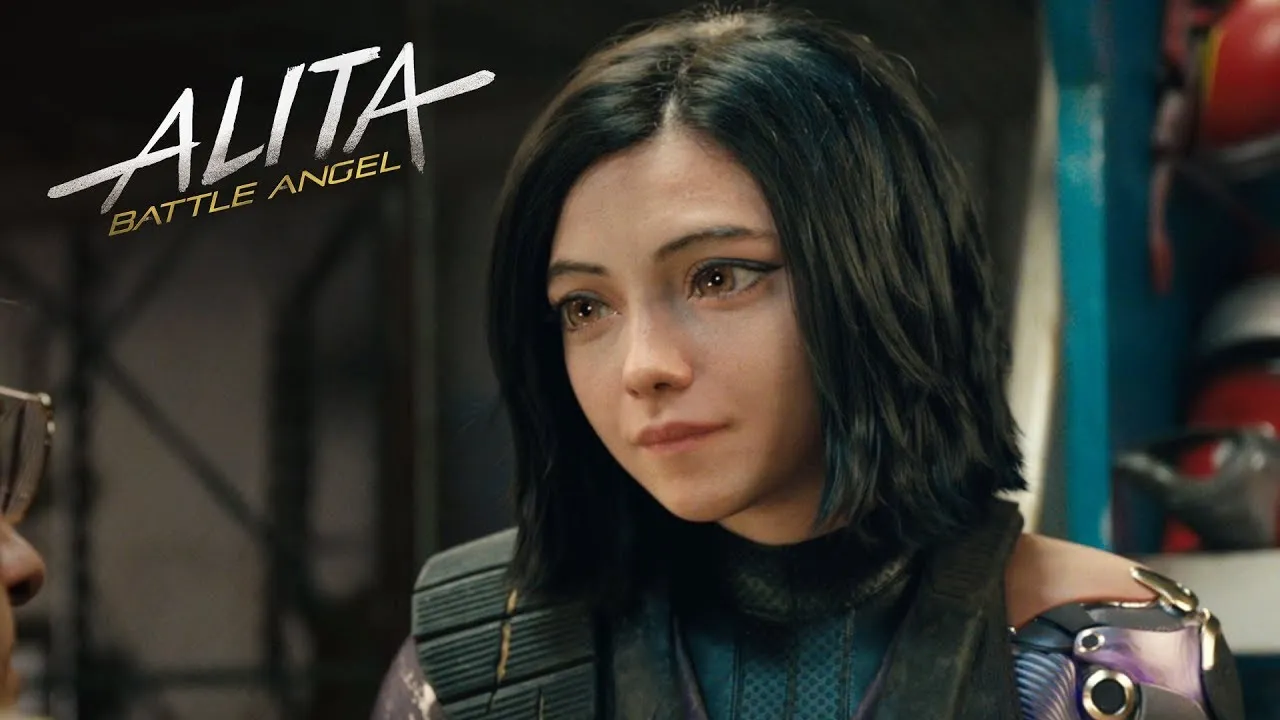
The central conflict arises as Alita learns more about her previous identity and her connection to an enigmatic and sinister organization. She finds herself entangled in a struggle against ruthless enemies, including Vector (played by Mahershala Ali), a powerful figure who controls the motorball games and has ties to the dark secrets of the city.
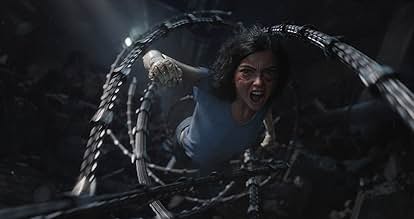
The film explores themes of identity, memory, and humanity, as Alita grapples with her dual nature as both a human and a machine. Her journey is marked by thrilling action sequences, as well as a quest for self-discovery and justice.
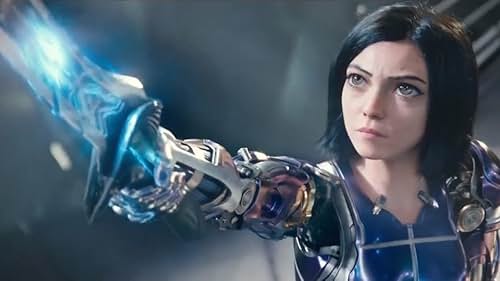
“Alita: Battle Angel” combines stunning visual effects with a poignant story about resilience and self-worth. The film’s futuristic setting and impressive action scenes, along with Rosa Salazar’s performance as the titular character, create a compelling narrative about a cyborg seeking her place in a divided world.











